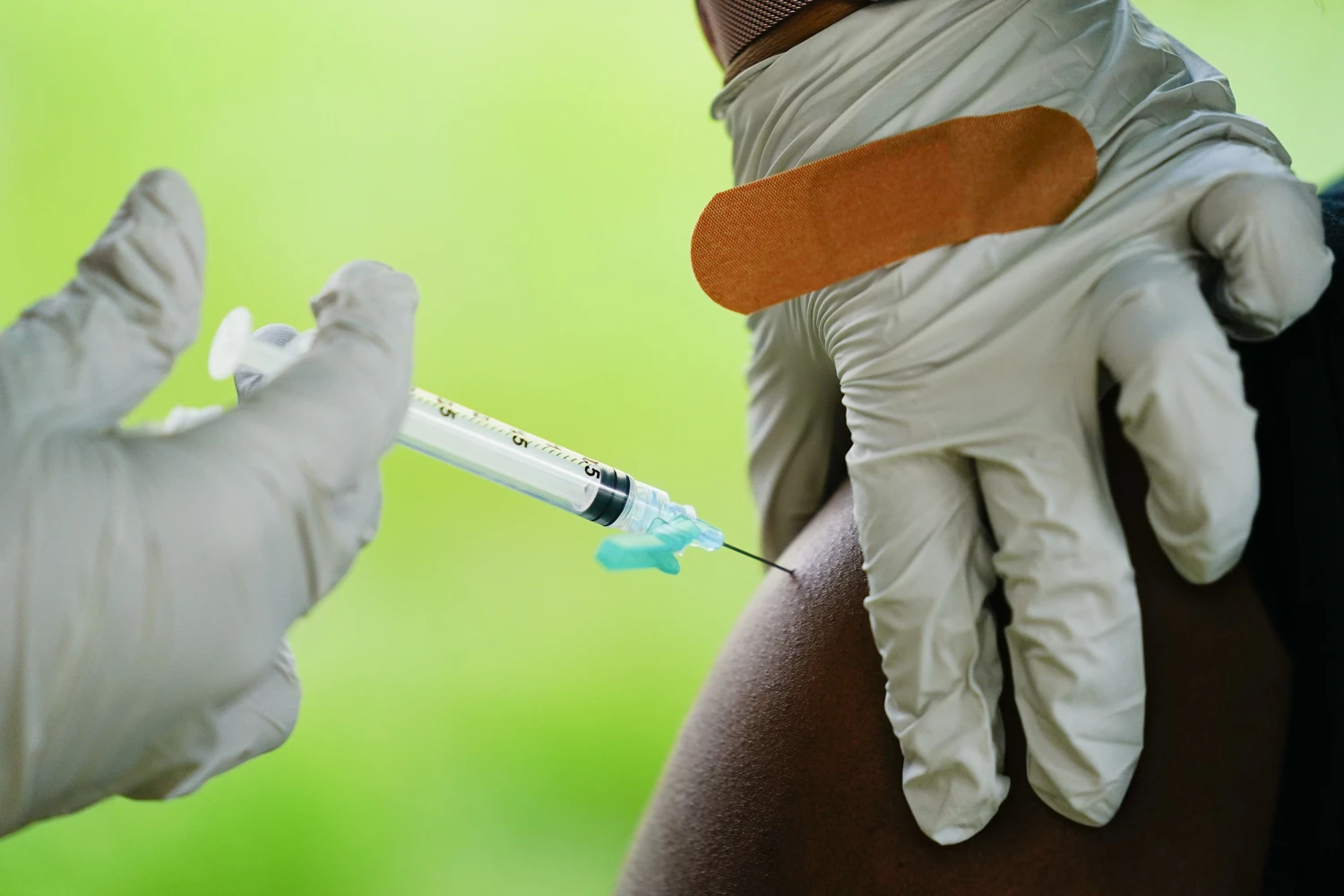A recent peer-reviewed study published in The Lancet on September 6, 2023, revealed that 60% of young people hospitalized with myocarditis after receiving an mRNA COVID-19 vaccine continued to show signs of heart injury six months later.
The study, led by Dr. Supriya S. Jain, a pediatric cardiologist, and funded by the U.S. Food and Drug Administration (FDA), has sparked criticism for downplaying the severity of its findings.
The research analyzed 333 cases of myocarditis among individuals aged 5-30 who were diagnosed with vaccine-induced heart inflammation following the administration of mRNA COVID-19 vaccines.
Using late gadolinium enhancement (LGE) in cardiac MRIs, the study tracked heart tissue damage over time. LGE is often associated with worse outcomes, including heart failure or arrhythmias, raising concerns about the long-term effects.
The authors noted that despite persistent heart damage in 60% of patients, no cardiac-related deaths or transplants had been reported at the time of writing. They described the findings as “reassuring” but recommended ongoing surveillance and long-term studies.
READ ALSO: WEF admits COVID-19 pandemic tested global compliance for ‘New World Order’ vision
However, several experts voiced concerns over the study’s tone. Brian Hooker, Chief Scientific Officer of Children’s Health Defense (CHD), criticized the study for downplaying the potential risks, stating, “You get vaccinated, get myocarditis, and then have a ticking time bomb in your chest for the rest of your life.”
Critics like Daniel O’Conner from Trial Site News echoed this sentiment, arguing that the study did not fully address the severity of persistent LGE findings, which could lead to more serious heart conditions later in life.
Moreover, critics raised questions about potential conflicts of interest. Some co-authors had ties to pharmaceutical companies involved in COVID-19 vaccine development, including Pfizer-BioNTech clinical trials.
For instance, one of the study’s co-authors, Alexandra B. Yonts, is affiliated with an institution that received funds for clinical trials of Pfizer’s COVID-19 vaccine for children.
Dr. Peter McCullough, a cardiologist, urged further investigation, stating that the study should extend its research to examine spike protein and antibody levels to explore ways of mitigating damage from the vaccine.
He challenged the study’s framing of vaccine-induced myocarditis as “mild,” citing other studies that indicate more severe outcomes.
READ ALSO: Study challenges assumptions about COVID-19 vaccines, long COVID prevention
Another point of contention was the comparison between vaccine-induced myocarditis and multisystem inflammatory syndrome in children (MIS-C), which critics like CHD’s Karl Jablonowski called a “scientifically perplexing” choice.
Jablonowski argued that the comparison was inadequate, as vaccine-induced myocarditis should be compared with virus-induced myocarditis for a better understanding of the risks.
The study’s conclusion that vaccine-induced myocarditis was “mild” and “transient” sparked further debate. Critics argued that this downplayed the risks, especially as some individuals have died from vaccine-related cardiac issues, as evidenced by anecdotal cases, including the first publicly disclosed fatality of a 22-year-old woman in Israel.
Despite the study’s recommendations for further monitoring, its critics argue that the research failed to highlight the urgency needed to address the potential long-term cardiac risks of mRNA vaccines, particularly for young people at risk of myocarditis.

 Latest3 days ago
Latest3 days ago
 Trends4 days ago
Trends4 days ago
 Energy1 week ago
Energy1 week ago
 Education1 week ago
Education1 week ago
 Business6 days ago
Business6 days ago
 Football6 days ago
Football6 days ago
 Health5 days ago
Health5 days ago
 Featured1 week ago
Featured1 week ago

